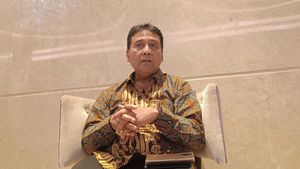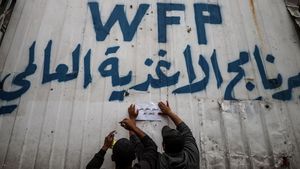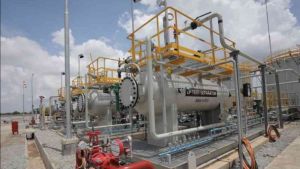JAKARTA - Commission VI of the House of Representatives (DPR) has decided to form a Jiwasraya working committee (Panja) to investigate the policy default case experienced by this red-plate company. Moreover, this case succeeded in getting the public's attention because the losses reached Rp. 13.7 trillion.
Member of Commission VI Rieke Diah Pitaloka said the results of the internal meeting of Commission VI DPR RI decided the formation of three Panja. First, Panja PT Asuransi Jiwasraya Persero. Second, the Commodity Trading Committee. Third, Panja BUMN Energi.
"With the internal decision of Commission VI, especially regarding PT Jiwasraya Persero, it is hoped that the map of the problem will be clearer and the right solution can be found," he said, through a written statement, in Jakarta, Wednesday, January 15.
Regarding the legal process and law enforcement that should have been running, said Rieke, it still had to run without waiting for a political decision in the DPR.
"I support PPATK to immediately trace the assets of the parties that are strongly indicated to be involved and the relevant law enforcement agencies have the courage to confiscate the assets of the perpetrators of PT Jiwasraya's customer money takers, indiscriminately," he said.
Irregularities in the Jiwasraya Case
Deputy Chairman of Commission VI of the DPR, Martin Manurung, said there were four potential irregularities in the case of PT Asuransi Jiwasraya's policy default. One of them is the lack of transparency on the results of investments made by investment managers. It could be that something is covered over the actual results of the investment process.
Then, Martin said, another potential irregularity is the dirty alliance between investment managers and public issuers.
"It could be an investment manager to an issuer that he owns, or is related to himself, or his group," he said, during the NasDem Faction's Group Discussion Forum (FGD) regarding Jiwasraya at the Parliament Complex in Senayan, Jakarta, Wednesday, January 15.
Martin said, there was a potential for evil consensus between brokerage firms and investment managers. "Encouraging clients to frequently make buying or selling transactions," he said.
Finally, there is the potential for traders to fry stocks by raising or lowering prices. According to Martin, the information released was solely for the purpose of raising and lowering share prices.
"It is not related to fundamentals related to companies listed on the stock exchange," he said.
The English, Chinese, Japanese, Arabic, and French versions are automatically generated by the AI. So there may still be inaccuracies in translating, please always see Indonesian as our main language. (system supported by DigitalSiber.id)













